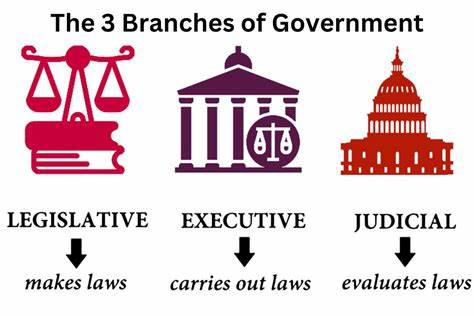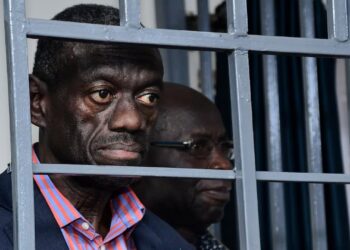By CONCERNED UGANDANS
In democratic governance, the separation of powers among the legislature, executive, and judiciary is essential to prevent the concentration of authority and safeguard democratic principles. This concept mandates that each branch of government operates independently and has distinct functions and powers to provide checks and balances. However, in Uganda, this principle is increasingly undermined, resulting in a system where power is concentrated and democratic values are eroded.
The Ugandan Parliament is charged with lawmaking, approving the national budget, and overseeing the executive branch. Ideally, this body should act as a check on executive power. In reality, however, the Parliament’s effectiveness is compromised by the ruling party’s dominance. For instance, the 2017 Constitutional Amendment Act, which removed presidential age limits, was passed with overwhelming support from Parliament. This move, viewed by many as aligning more with executive interests than with public representation, highlights Parliament’s role as a rubber-stamp institution rather than an independent body capable of holding the executive accountable.
The executive branch in Uganda, led by President Yoweri Museveni, exhibits significant concentration of power. This centralization has led to accusations of autocratic governance and erosion of democratic norms. Museveni’s extended tenure, facilitated by constitutional amendments and alleged electoral manipulations, underscores this power consolidation. The 2021 presidential election, marred by accusations of fraud and voter suppression, is a prime example of how executive control extends over the electoral process, security forces, and media, thereby reinforcing the executive’s dominance and undermining democratic processes.
The judiciary’s role is to interpret laws and deliver justice impartially. In Uganda, however, judicial independence is frequently questioned. The executive’s influence over judicial appointments and the lack of secure tenure for judges often lead to rulings that favor executive interests. A significant instance is the 2018 ruling by the constitutional court upholding the removal of presidential age limits, despite widespread public dissent. This decision raises concerns about the judiciary’s susceptibility to executive pressure, rather than its commitment to impartial justice.
The separation of powers in Uganda is further compromised by significant interference between branches. The executive exerts undue influence over both the legislature and judiciary, undermining their independence. Frequent changes in parliamentary leadership and executive appointments suggest efforts to control or appease these branches, impeding their ability to act independently. Additionally, the executive’s interference in judicial matters, including controversial dismissals of judges and interference in high-profile cases, further erodes judicial autonomy.
This dysfunctional separation of powers has severe consequences. The concentration of power within the executive branch diminishes democratic accountability and transparency, leaving citizens with limited avenues to address grievances against the state. This erosion of institutional independence breeds corruption and inefficiency, while diminishing public trust in government. Restoring democratic integrity in Uganda requires a genuine commitment to respecting the separation of powers and ensuring that each branch operates independently and effectively. Only then can Uganda hope to achieve a truly functional and accountable democratic system.
MORE INFORMATION TO FOLLOW.







Discussion about this post